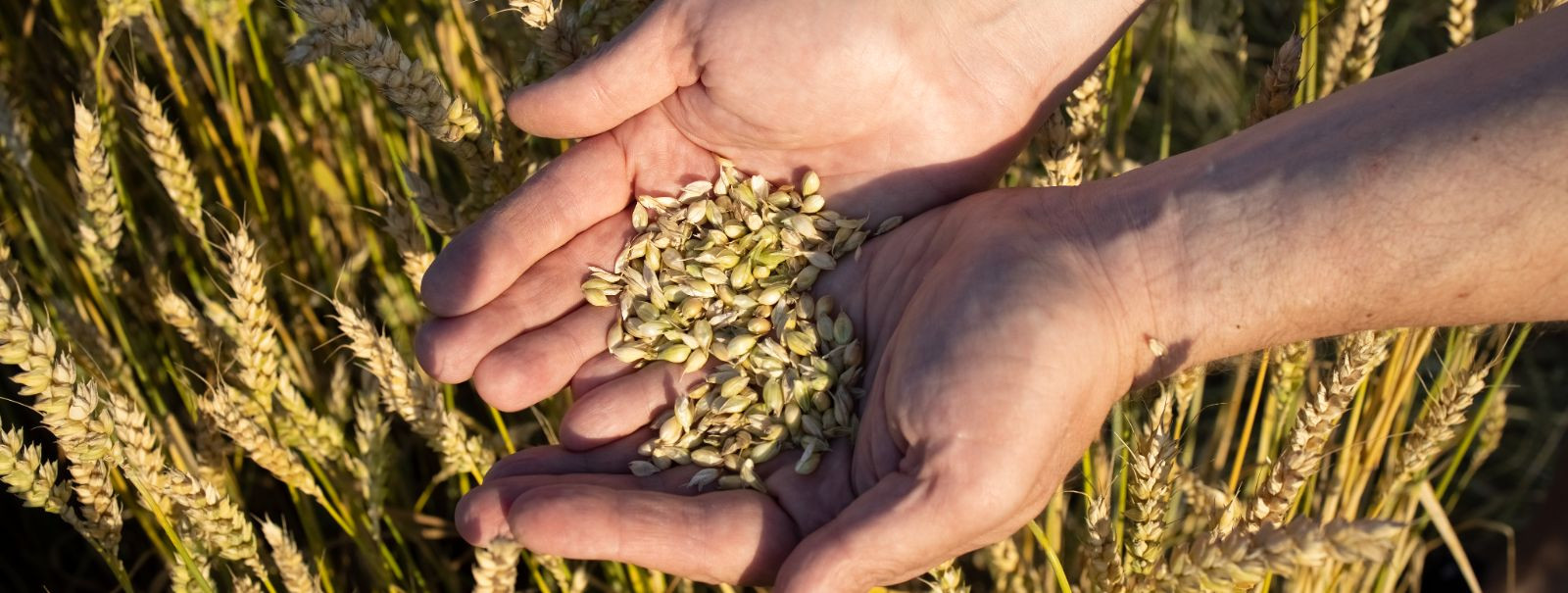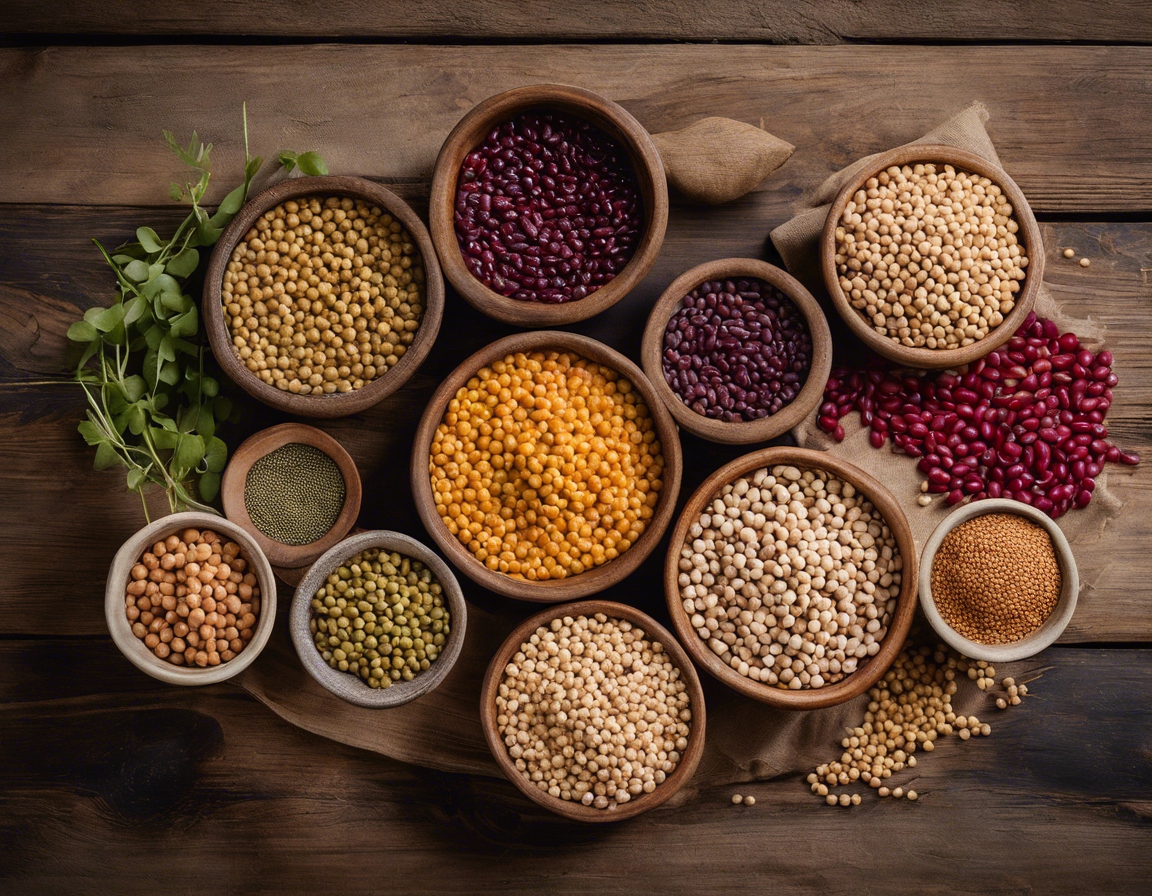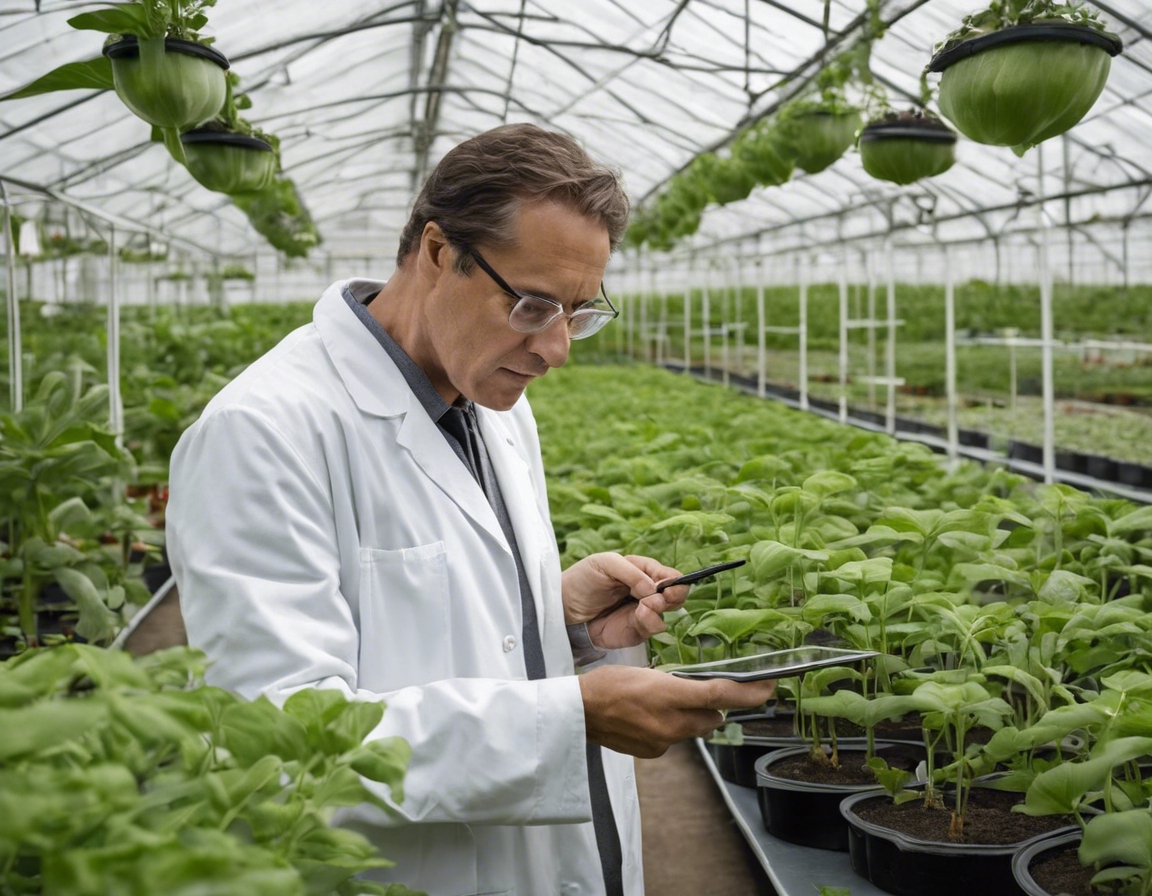The benefits of non-gmo cereal crops
Genetically Modified Organisms (GMOs) are organisms whose genetic material has been artificially manipulated in a laboratory through genetic engineering. This technology creates combinations of plant, animal, bacteria, and virus genes that do not occur in nature or through traditional crossbreeding methods.
Non-GMO cereal crops are grains that have not been genetically modified and are cultivated through traditional breeding techniques. These crops include wheat, corn, rice, barley, oats, rye, and millet, among others.
Environmental Benefits
Non-GMO crops often require fewer chemical inputs such as herbicides and pesticides. This is because they are not engineered to withstand high doses of chemicals, leading to more judicious and targeted use of these substances.
Non-GMO farming practices promote biodiversity by allowing a variety of species to thrive. This includes beneficial insects and soil microorganisms that play a crucial role in maintaining a healthy ecosystem.
Non-GMO crops contribute to better soil health by encouraging practices such as crop rotation and reduced tillage, which help maintain soil structure and fertility over time.
Health and Nutritional Advantages
Some studies suggest that non-GMO crops may have higher nutritional value due to the more diverse soil microbiome and the absence of genetic alterations that could affect nutrient composition.
Non-GMO crops are considered safer for people with food allergies or sensitivities, as they do not contain novel proteins that can be introduced through genetic modification.
Non-GMO crops do not contribute to the spread of antibiotic resistance, a growing concern with GMO crops that may contain antibiotic-resistant marker genes.
Economic and Social Impacts
There is a growing market demand for non-GMO products, which often command a premium price, benefiting farmers and producers who choose to grow non-GMO cereal crops.
By growing non-GMO crops, farmers can support local economies through the creation of jobs and the circulation of money within the community.
Non-GMO crops allow farmers to save seeds from year to year, fostering seed sovereignty and reducing dependence on seed companies.
Agricultural and Operational Benefits
Non-GMO seeds can be selected and bred for adaptability to local conditions, leading to greater resilience against climate variability and pests.
Obtaining non-GMO certification can open up new market opportunities and allow farmers to differentiate their products in a competitive marketplace.
Non-GMO farming is often part of a broader sustainable agricultural approach that can ensure the long-term viability of farming operations.








Comments (0)